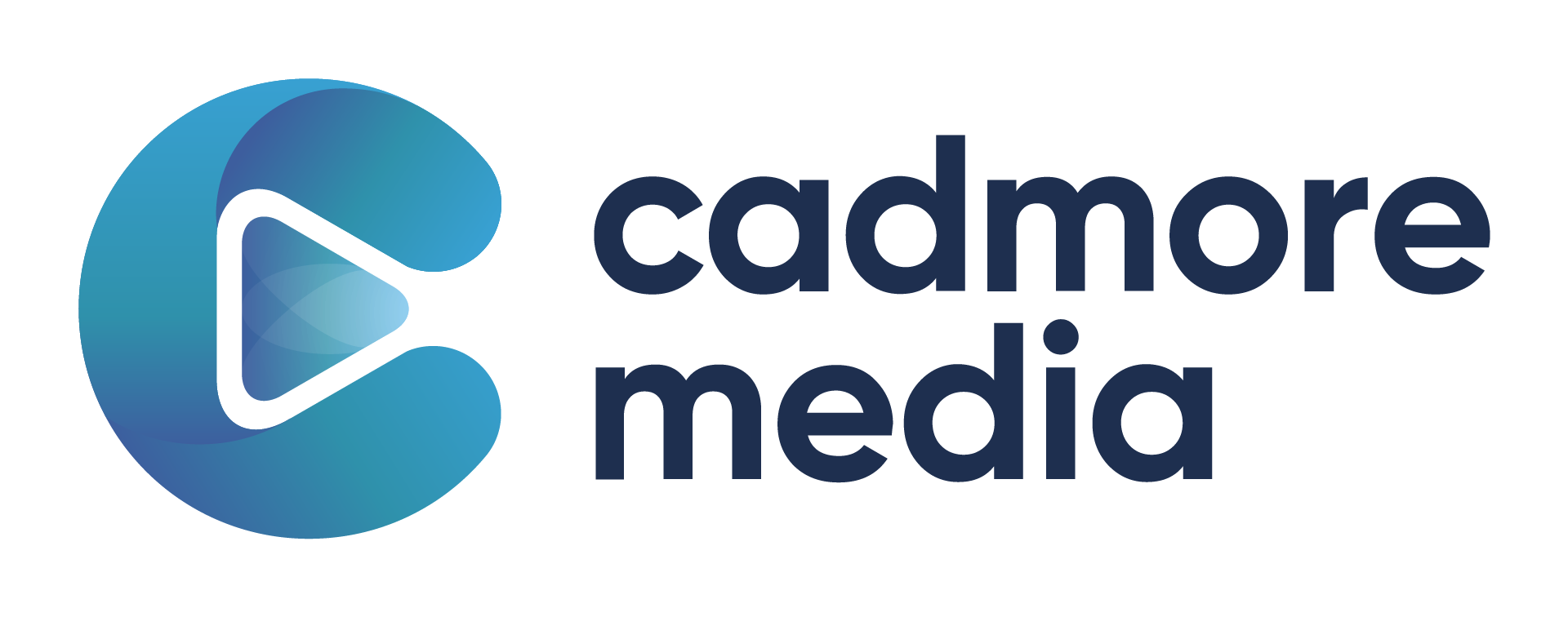Cadmore media player playing audio The ODYSSEY Trial
Audio Player
Accessibility
Using forms mode, you can utilize keyboard shortcuts to make usability more efficient.
Space bar will play and pause the audio. Pressing escape will close all displays and pressing it again will jump to the end of the player.
You can press A to open the Keyboard Shortcut Dialog which also provides an audio description of the player and all of its features.
Transcript
Segments
Segment:0 .
>> Practice Impact Extra podcasts are derived from Hurst's the Heart Board Review and other online resources available only through accesscardiology.com. >> Does the aggressive treatment of cholesterol on patients already on maximum statin therapy by a new drug lead to better outcomes in those people who have had a heart attack or an acute coronary syndrome? That's the question that needs to be answered. [ Music ] Dr. Bernie here, and welcome to Practice Impact Extra.
I wanted to talk about the Odyssey trial. This was a presentation at the 2018 ACC meeting and I believe was one of the most important presentations. Why? Because this was the second large, randomized trial on PCSK9 inhibition. At the ACC meeting one year ago, the Fourier trial was presented. And it tested whether the addition of evolocumab, a PCSK9 inhibitor, would reduce cardiovascular events in stable cardiovascular patients.
It was stable cardiovascular patients. They enrolled 27,000 individuals, and they randomized them. At the conclusion, they noted that there was a 15 percent reduction in cardiovascular event risk and a 20 percent reduction in cardiovascular death, MI, and stroke. The Odyssey trial asked whether a PCSK9 inhibitor, alirocumab, would reduce cardiovascular morbidity and mortality after acute coronary syndrome, though that being in patients who had a recent myocardial infarction who were still maintained on maximum statin therapy.
Nineteen thousand patients were randomized between 1 and 12 months after an acute coronary syndrome event. They were followed for 2.8 years. The results indicated a 15 percent reduction in major events, including nonfatal MI, ischemic stroke, and hospitalization for unstable angina, compared to those who received the placebo. However, I think it's very important to note that there was no -- let me repeat -- no reduction in cardiac heart disease death.
That prompted the researchers to perform a subgroup analysis, and they tried to analyze was there an effective LDL level that had the greatest impact by using the PCSK9 and inhibition. And these subanalyis results indicated that there was no lowering of the primary outcomes in those individuals who had an LDL cholesterol of less than 80 mg, and nor did they see a decline in outcomes between 80 and 100 mg/dL.
But what they did note was a significant 3.4 percent absolute reduction in the group who had LDL levels that were greater than 100. So really, what is the take-home message? I think the Odyssey trial clearly confirms that PCSK9 inhibition is very effective in acute coronary syndrome patients, particularly those with LDL levels greater than 100 who are already on maximum statin therapy.
I think this trial does one thing Again, supports the need to treat to lower target LDL levels. Well, we all know that PCSK9 inhibition is very expensive, and so we always need to assess the cost-benefit and cost-effectiveness. That's so very important. So we'll continue to await longer and larger trials, which will better identify appropriate patients for the treatment and the addition of PCSK9 inhibition on top of maximum therapy.
Thanks for joining me, and see you next time on Practice Impact Extra. >> We hope you enjoyed this podcast from McGraw-Hill. Subscribers to AccessCardiology have instant access to over 25,000 pages of rich, medical content, receive medical updates from trusted experts, and have access to other special features. To subscribe or learn more, please visit accesscardiology.com.
-
You Size - Responsive
-
We Size - Responsive
-
Picture Overlay Popup
-
400 x 225
-
512 x 288
-
400 x 700
-
768 x 1024
-
1024 x 512
-
1280 x 608
Accessibility
Using forms mode, you can utilize keyboard shortcuts to make usability more efficient.
Space bar will play and pause the media.
You can press A to open the Accessibility Dialog.
This describes many other keyboard shortcuts for media controls.
The video is currently set-up to show just a clip from 0:00 to video end. You have requested to see a portion of the media outside of the clip.
Click OK to switch to the full media or click if you would like to stay inside the clip. You can always go back to the clip with Tools and Clip Mode
